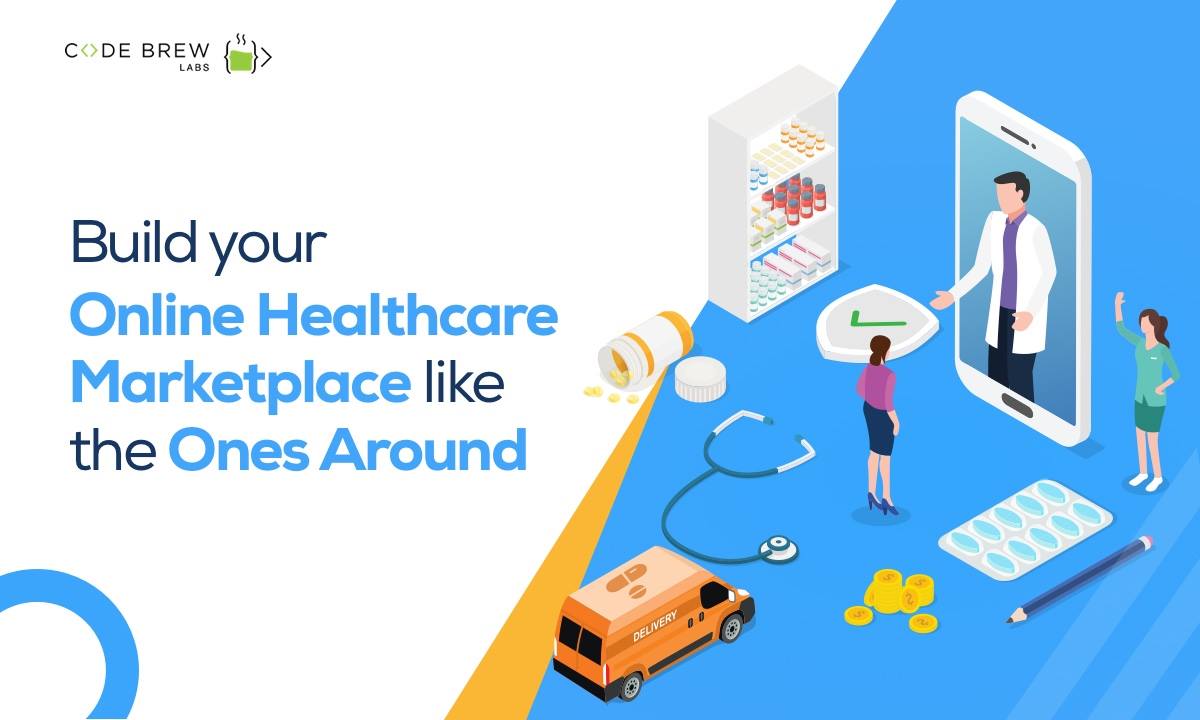How Subscription Based Healthcare is Transforming Patient Accessibility to Services
Wiki Article
Browsing the Future of Medicine With Subscription-Based Medical Care Services
As the healthcare industry develops, subscription-based services become a pivotal design promising to reshape individual treatment shipment. With the potential to provide streamlined, cost-efficient options with foreseeable pricing and individualized interest, these services stand at the center of contemporary clinical advancement. Yet, as we consider their increase, one should ponder the effects of incorporating such systems into existing healthcare structures. What obstacles do they position in terms of data security and equitable accessibility, and how might they redefine the patient-provider partnership? The solution to these inquiries can basically change our method to healthcare.Increase of Registration Health Care
As medical care systems worldwide face boosting stress from rising expenses and need for services, the development of subscription-based healthcare designs has actually become a transformative pattern. This cutting-edge method is interfering with conventional medical care shipment by supplying a foreseeable, flat-rate repayment structure for medical services. Rooted in the concepts of attendant medicine, subscription-based medical care allows service providers to concentrate on individualized patient care while at the same time handling functional performances.The increasing customer need for transparency and predictability in healthcare expenses has actually driven the shift towards this version. Subscription-based solutions commonly provide direct accessibility to health care experts, which can reduce the management concerns associated with insurance policy claims and reimbursements.
This version is gaining grip amongst diverse doctor, from health care doctors to specialized facilities, by lining up financial motivations with preventive and continual care. By changing the focus from quantity to value-based care, registration health care has the potential to reshape the landscape, cultivating a much more sustainable and patient-centered technique to health and wellness monitoring.
Benefits for Clients

In addition, subscription-based solutions often emphasize precautionary treatment, encouraging normal exams and wellness testings. This aggressive method can result in very early discovery of health problems, potentially enhancing results and minimizing lasting healthcare prices for individuals. Additionally, such models commonly supply transparent prices, enabling clients to better comprehend their health care expenditures and stay clear of unanticipated clinical bills.
The customized nature of subscription-based medical care also enhances patient experience. Individuals can obtain tailored medical care plans that suit their specific needs, fostering an extra patient-centric approach. This customization can result in better patient contentment and adherence to therapy plans. Moreover, registration solutions often incorporate wellness programs, sustaining individuals in maintaining general health and well-being. Inevitably, these advantages jointly add to an extra effective, affordable, and patient-friendly healthcare experience.
Innovation's Role in Makeover

Artificial intelligence (AI) plays a vital role in predictive analytics, aiding in early medical diagnosis and customized therapy strategies. AI formulas assess substantial datasets to recognize patterns that could be overlooked by human observation, therefore enhancing scientific decision-making. Furthermore, electronic wellness records (EHRs) streamline client info management, making sure continuity and coherence of care across numerous solutions and suppliers.
Blockchain modern technology improves information safety and security and privacy, crucial for maintaining patient count on in electronic systems. It enables transparent and safe purchases of clinical data, making certain that sensitive details remains secured. With the combination of artificial intelligence and AI, blockchain can automate intricate medical care procedures, decreasing management problems.
Factors To Consider and obstacles
While innovation moves the abilities of subscription-based healthcare services, it likewise introduces a set of difficulties and considerations that have to be dealt with to make sure effective implementation. One substantial obstacle is the equitable availability of these services.Information personal privacy and protection click this stand for an additional essential consideration. Subscription-based services typically involve the collection and storage space of vast amounts of personal wellness details. Companies should comply with strict data protection regulations to maintain person trust fund and protect against unapproved accessibility, which might cause considerable honest and legal consequences.
As healthcare needs progress, preserving an economical equilibrium in between registration costs and service quality is vital to stop individual frustration and attrition. Addressing these challenges is important as subscription-based healthcare solutions proceed to increase and progress.
Future Effects for Medication
Subscription-based medical care services are positioned to significantly influence the future landscape of medicine by reshaping exactly how treatment is accessed and supplied. These models offer the potential to democratize healthcare access, providing clients with more tailored and prompt treatments. By leveraging modern technology, such as telemedicine and information analytics, registration solutions can promote continual monitoring and tailored health management, thus improving results and minimizing the concern on typical medical care systems.
As these services gain grip, they can boost a change towards preventative care, emphasizing the importance of early discovery and monitoring of chronic conditions. This proactive approach might inevitably lower healthcare costs by mitigating the informative post demand for pricey therapies emerging from late-stage disease management. Membership models supply a scalable service to address differences in health care gain access to, particularly in country or underserved populaces.
Nevertheless, the change in the direction of subscription-based designs necessitates addressing ethical and regulative considerations, consisting of data privacy the original source and fair access. As the sector develops, joint efforts between policymakers, technology programmers, and doctor will certainly be important to developing robust frameworks that guard patient rate of interests while cultivating development. Ultimately, these services assure to contribute dramatically to a more effective, patient-centered medical care community.

Conclusion
Subscription-based healthcare services represent a considerable advancement in the clinical area, offering predictable costs and customized treatment that enhance ease of access and focus on precautionary procedures. As the medical care landscape evolves, subscription models are poised to play an important duty in forming the future of medication.As the medical care sector advances, subscription-based solutions emerge as a crucial design promising to improve person treatment delivery.As healthcare systems around the globe face boosting pressures from rising costs and need for services, the introduction of subscription-based healthcare versions has emerged as a transformative fad (subscription based healthcare).With the increase of subscription-based healthcare versions improving conventional healthcare distribution, individuals are beginning to experience considerable advantages from this ingenious method. As healthcare requires progress, maintaining an economical balance in between registration costs and solution top quality is important to avoid person frustration and attrition.Subscription-based health care solutions are poised to dramatically influence the future landscape of medicine by improving how treatment is accessed and delivered
Report this wiki page